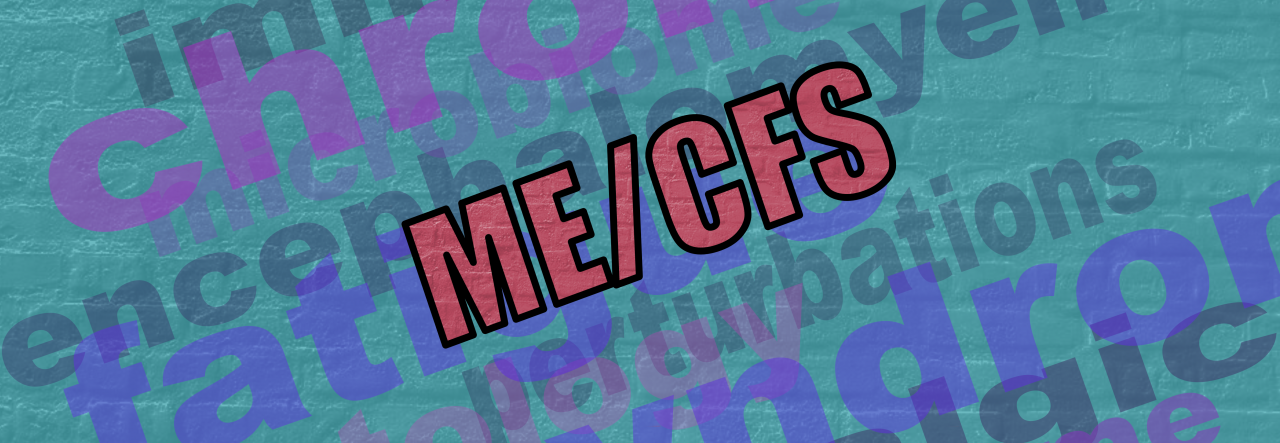
Derya and I were happy to meet with six local Connecticut representatives from the Fibromyalgia and Chronic Fatigue Syndrome Informational & Support Group on February 26, 2018. The group visited JAX so that they could learn more about the ME/CFS project and to tour the lab. They are a local group based in Litchfield, CT, and meet twice a month to provide information, support, and a sense of community to local patients who are suffering from Fibromyalgia and ME/CFS. They gave us valuable insight about the disease, plus some suggestions on how we can improve our community outreach efforts here at JAX.
Continue reading “Site Visit by Connecticut Patients and Advocates to Jackson Laboratory”



 Figure 1: Detecting size and granularity of the cells by using laser light.
Figure 1: Detecting size and granularity of the cells by using laser light.
